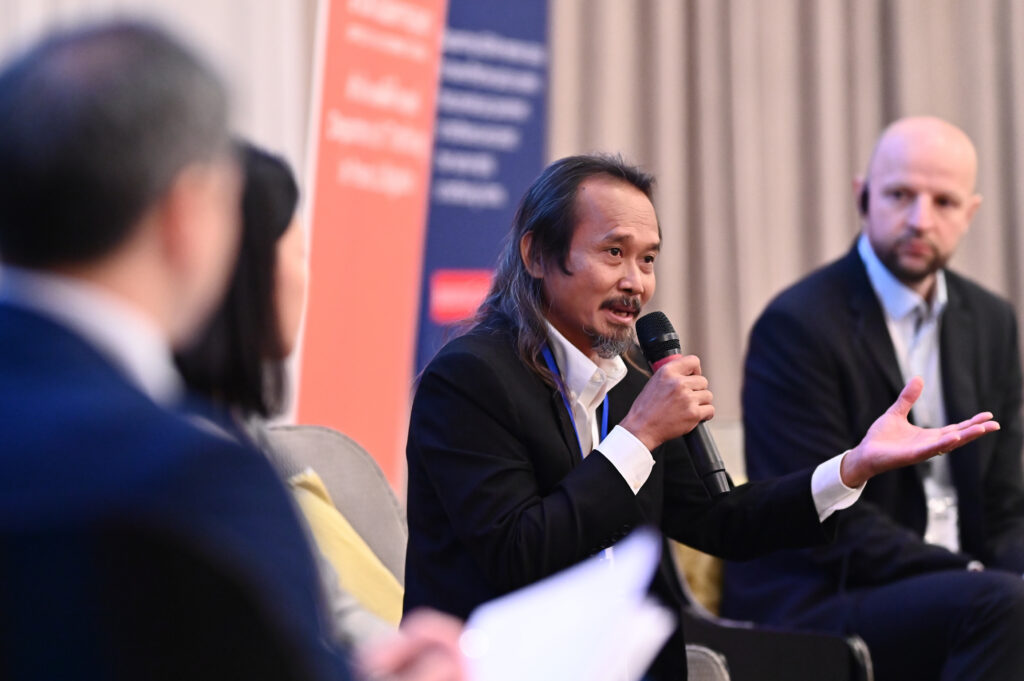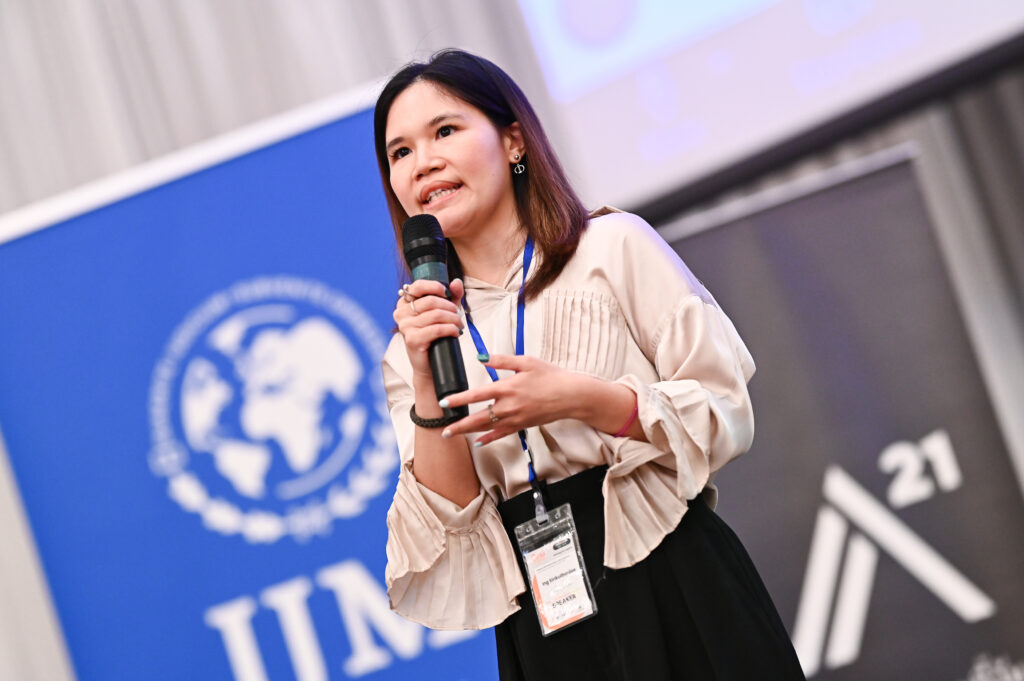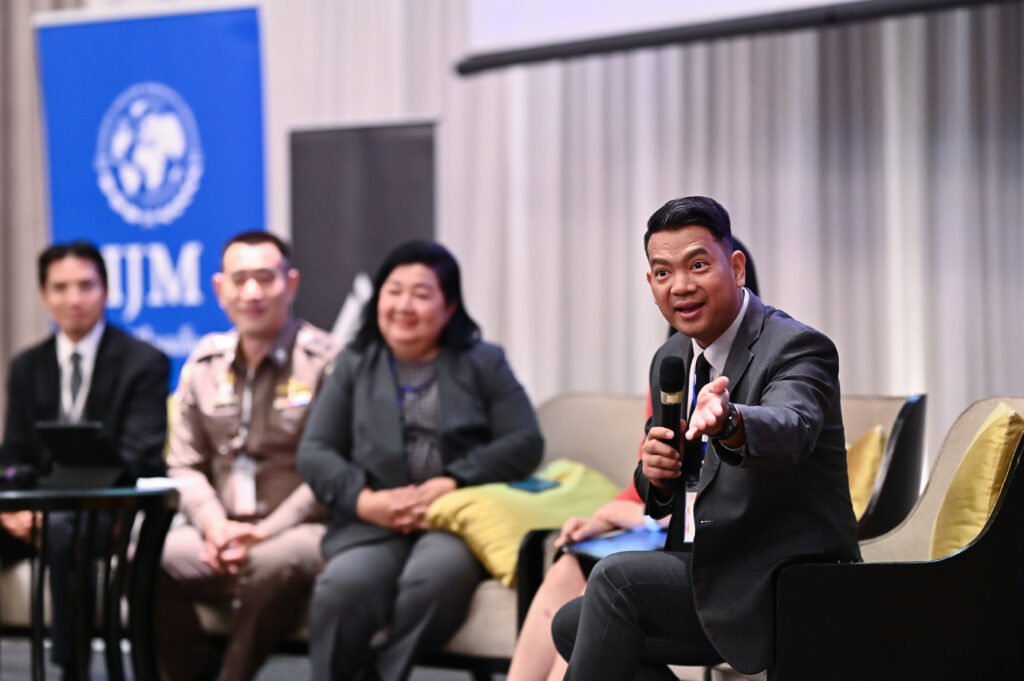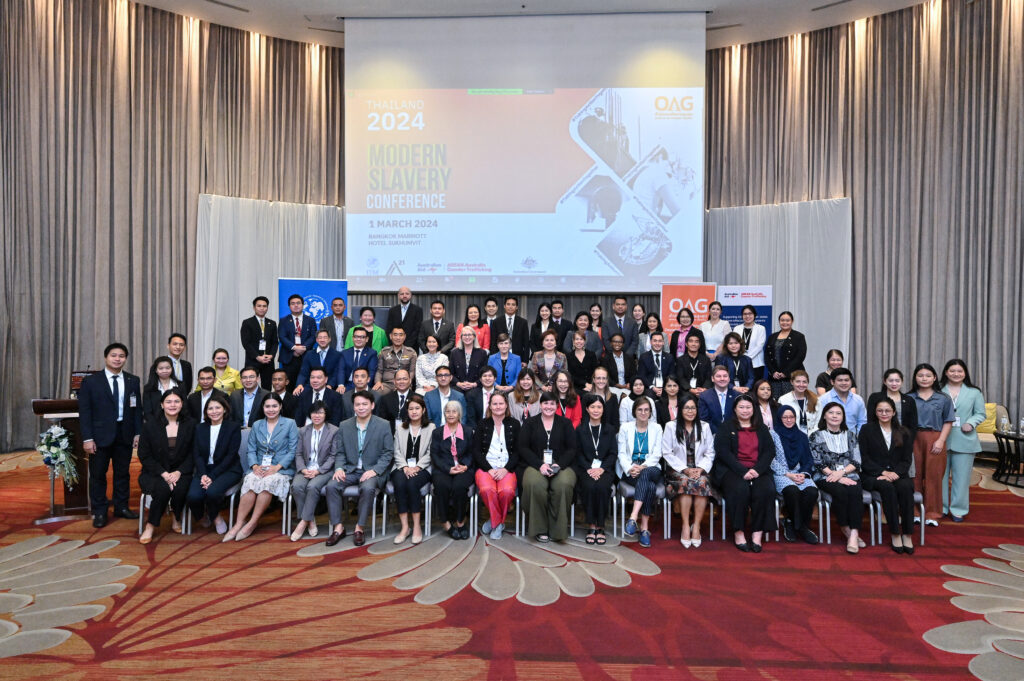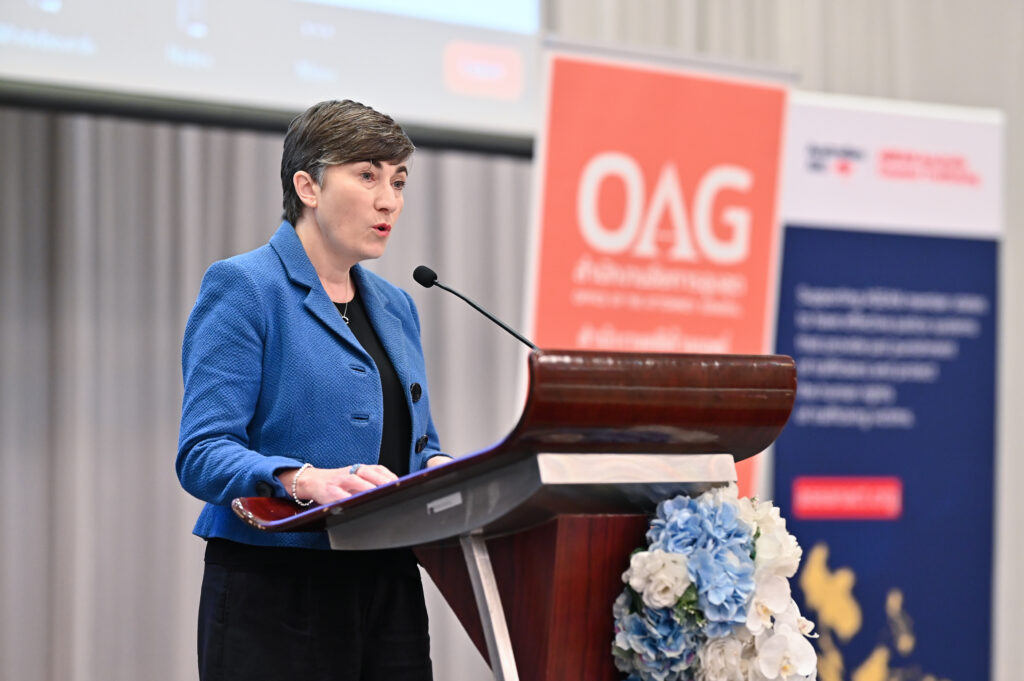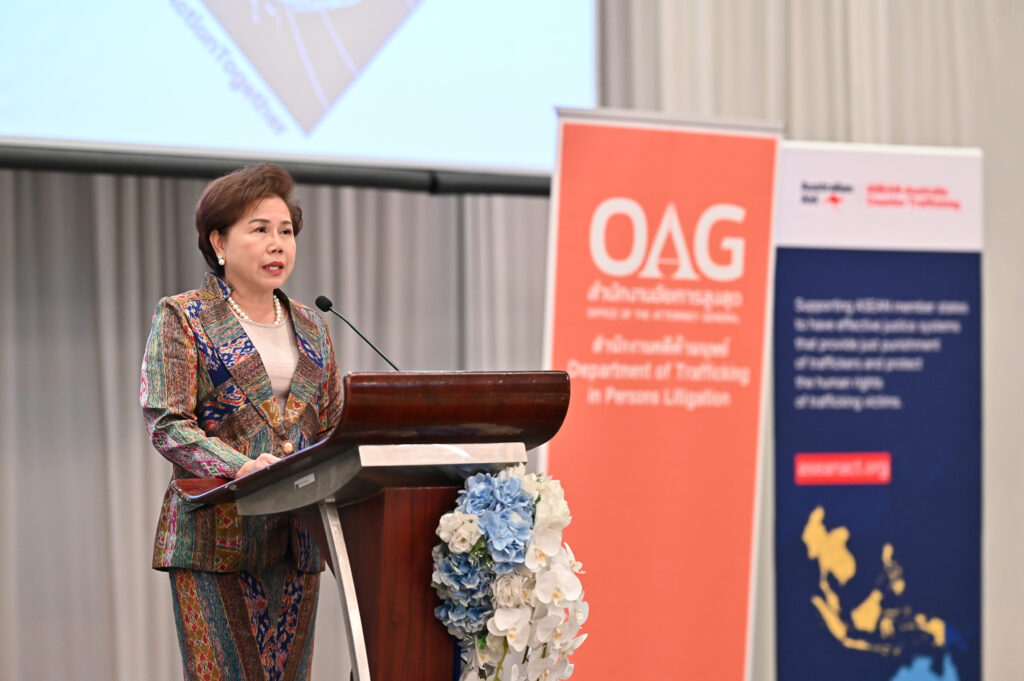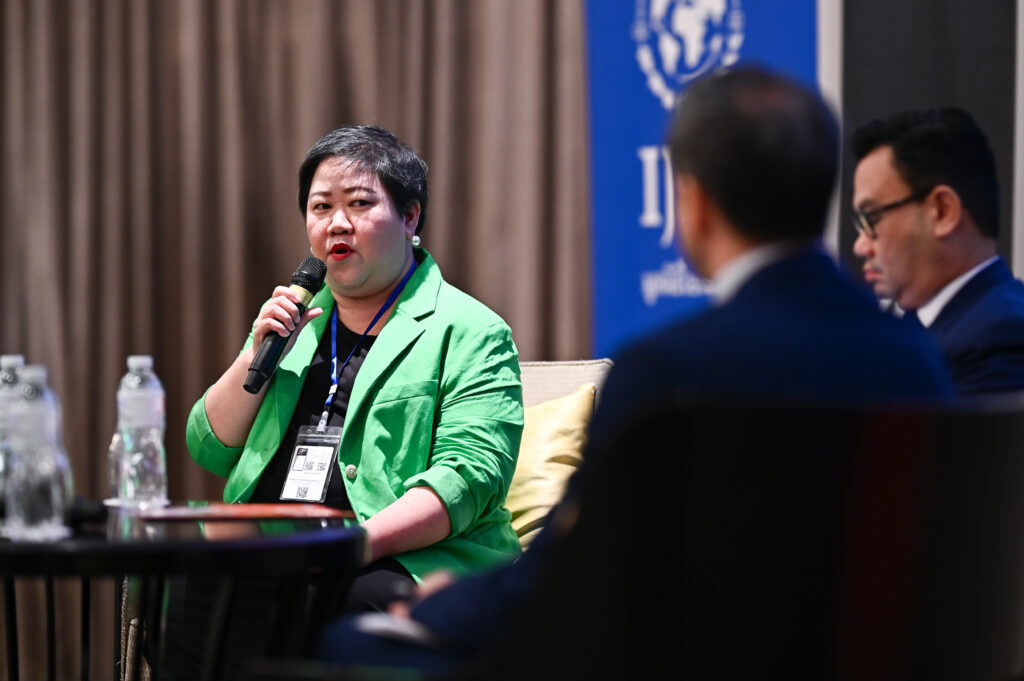Trafficking in persons is often discussed in isolation from the spectrum of labour abuse and exploitation that occurs in workplaces around the world. However, a growing number of countries, including Thailand, are considering how to prevent and respond to a broader range of slavery-like conditions that have significant human, environmental, social and economic costs.
In a regional-first, Thailand’s Office of Attorney General (OAG) convened a modern slavery conference, in partnership with the Australian Government funded ASEAN Australia Counter Trafficking program (ASEAN-ACT), International Justice Mission (IJM) and A21.
On 1 March 2024 over 90 participants gathered in Bangkok and online from government, private sector and NGOs to discuss the structural drivers of modern slavery in Thailand and explore ways to respond collectively to this multi-sectoral challenge.
The conference highlighted that considerable work is already underway in Thailand to reduce modern slavery. Trafficking in persons and forced labour are criminalised in Thailand, mirroring the ASEAN Convention Against Trafficking in Persons, Especially Women and Children, and the ILO’s Forced Labour Indicators.
While the number of trafficking and forced labour cases in Thailand remains low relative to the scale of modern slavery, there is a growing understanding among law enforcers, protection agencies and NGOs about how to apply the law to prosecute traffickers and pursue justice for victims. Currently, Thailand is the only country in Southeast Asia that provides access to state-funded compensation for victims of trafficking and forced labour – victims are eligible to apply regardless of whether they are Thai or a foreign national.
Businesses in Thailand are also beginning to understand and take responsibility for modern slavery risks in their operations and supply chains. CP Group, one of Thailand’s largest food producers that employs over 12,000 migrant workers, shared how the company has taken ownership over recruitment and employment practices to ensure fair and ethical treatment of migrant workers. CP Group has demonstrated leadership and leveraged its scale to develop trusted and accountable suppliers of migrant labour, while lifting the cost burdens from migrant workers.
Business leaders and policymakers agreed that investing in human rights due diligence to prevent labour abuse and exploitation is not merely the right thing to do from a moral perspective – it also makes good business sense - with global investors and consumers increasingly expecting companies to have their own policies on human rights and to be able to demonstrate that their products and services are slavery-free.
Looking ahead, several ideas were canvassed at the conference on what more Thailand could do to proactively address modern slavery and prepare for a global market and a consumer-base that will require stronger human rights due diligence. Thailand’s Ministry of Justice shared that the government is considering the introduction of mandatory human rights due diligence for companies in Thailand, which would require businesses to monitor and report on modern slavery and other human rights risks in their operations and supply chains. This initiative would complement slow but steady developments at a global level towards a binding human rights due diligence instrument for ASEAN Member States.
From a policy perspective, there was strong convergence among stakeholders that Thailand needs a more comprehensive and sustainable migration policy to make movement across borders for work, cheaper and most importantly successful for both workers and their employers. Public and private stakeholders were encouraged to think about how they could make recruitment and employment policies fairer for migrant workers, including by ensuring no employee has to pay fees associated with their recruitment, migration or onboarding. A new ethical recruitment toolkit developed by NGO Dignity in Work for All, supported by ASEAN-ACT, was launched at the conference tailored specifically for Thai companies who recruit migrant workers already residing in Thailand.
The importance of partnerships, across sectors and borders was a strong theme throughout the conference. With several initiatives under way and a will to do more, the conference ended with a strong sense that #TakingActionTogether is the only way to end modern slavery in Thailand, the region and beyond.
